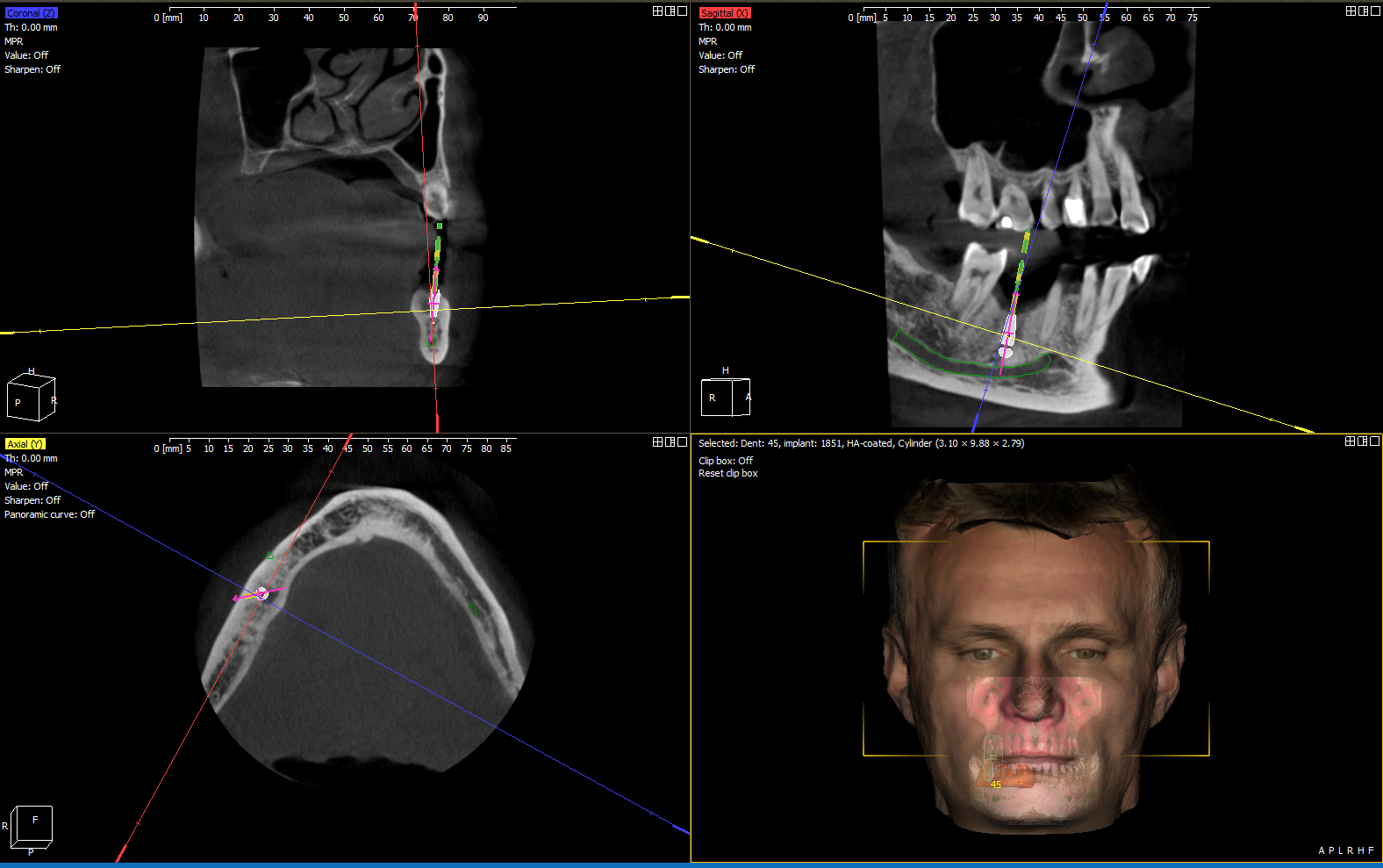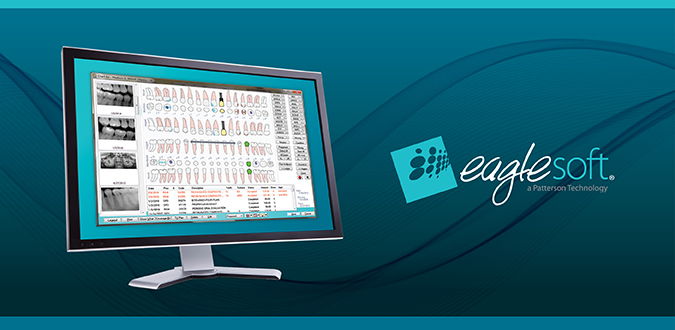What is a dental x ray sensor?
July 11, 2022
Is CBCT scan necessary?
July 13, 2022Dental Sensors, What You Need to Know
Dental X-rays are an important part of diagnosing and treating dental problems. But what are they? How do they work? What are the different types of dental sensors? This article will answer all of your questions!
What are dental sensors?
Dental x-ray sensors are an important tool for dentists. They allow dentists to take high quality x-rays of teeth and gums, which can help diagnose problems early. There are two types of dental x-ray sensors: digital and film-based.
Digital x-ray sensors are the most common type of sensor used today. They use a small sensor to take an x-ray of the tooth, which is then stored on a computer. This type of sensor is faster and more comfortable for patients than film-based sensors.
Film-based sensors are not as common as they once were, but they are still used in some dental offices. With this type of sensor, an x-ray is taken of the tooth and then developed like a traditional film x-ray. This type of sensor can be more difficult to use and may require more radiation than digital sensors.
If you are considering getting dental x-rays, talk to your dentist about which type of sensor would be best for you.
How do dental sensors work?
Dental x-ray sensors are an important part of modern dentistry. They allow dental professionals to get a clear picture of the inside of your mouth, which is essential for accurate diagnosis and treatment. But how do these sensors work?
Dental x-ray sensors work by converting x-rays into electrical signals. These signals are then processed by a computer, which produces a digital image of your teeth and other structures in your mouth.
One of the great things about digital dental x-ray sensors is that they allow for much lower doses of radiation than traditional film x-rays. This means that you can get the diagnostic information you need without having to worry about exposure to harmful radiation.
If you have any questions about dental x-ray sensors or how they work, be sure to ask your dentist or other dental professional. They will be able to explain everything you need to know and help you make an informed decision about whether this technology is right for you.
What are the benefits of dental sensors?
Dental x-ray sensors offer a number of benefits over traditional film-based x-rays. They are faster and easier to use, they emit much less radiation, and they provide clearer images.
Digital x-rays are also more environmentally friendly than film x-rays, since there is no need to process them with chemicals.
Are there any risks associated with dental sensors?
There are no known risks associated with dental x-ray sensors. However, as with any medical procedure, there is always a small risk of complications. Be sure to discuss any concerns with your dentist or oral surgeon prior to having dental x-rays taken.
How to choose the right dental sensor
If you’re in the market for a new dental x-ray sensor, you may be wondering how to choose the right one for your needs. Here are a few things to keep in mind as you shop around:
1. Size and portability. If you plan on taking your sensor with you to different practices or on dental missions, then size and portability will be important considerations. Look for a sensor that is compact and easy to transport.
2. Resolution. Make sure to look at the resolution of the sensor, as this will affect the quality of the images that you are able to capture. Higher resolutions will produce clearer images, so this is something to keep in mind if image quality is a priority for you.
3. Connectivity. Another important consideration is how the sensor connects to other devices, such as computers or x-ray machines. Make sure that the sensor you choose is compatible with the equipment that you already have or plan on using in the future.
4. Price. Of course, price is also a factor to consider when choosing a dental x-ray sensor. Shop around and compare prices from different manufacturers before making your final decision.
By keeping these factors in mind,
How much do dental sensors cost?
Dental x-ray sensors can cost anywhere from a few hundred to a few thousand dollars. The price of the sensor will depend on the brand, the features, and the quality. There are a few things to keep in mind when considering the cost of a dental x-ray sensor.
The first thing to consider is the brand of the sensor. There are many different brands available on the market, and each one has its own price range. It is important to compare prices between brands to find the best deal.
The next thing to consider is the features of the sensor. Some sensors have more features than others, and these features can add to the cost. It is important to decide which features are necessary and which ones can be skipped.
Finally, consider the quality of the sensor. The higher the quality, the higher the price tag will be. However, it is important to remember that a high-quality sensor will last longer and provide better results than a lower-quality sensor. When considering the cost of a dental x-ray sensor, be sure to keep all of these factors in mind.
Where can I get dental sensors?
There are many places that you can get dental x-ray sensors. We reccomend one of our sensors called QuickrayDX which is one of the most popular on the market with very affordable price of $3,495
Conclusion
Knowing the ins and outs of dental X-ray sensors is critical for any dentist. With this knowledge, you can be sure that you are using the right type of sensor for each patient and procedure. You will also be able to keep your patients safe by following the proper protocols for handling and storing these devices. By staying up-to-date on the latest advancements in dental technology, you can provide your patients with the best possible care.



